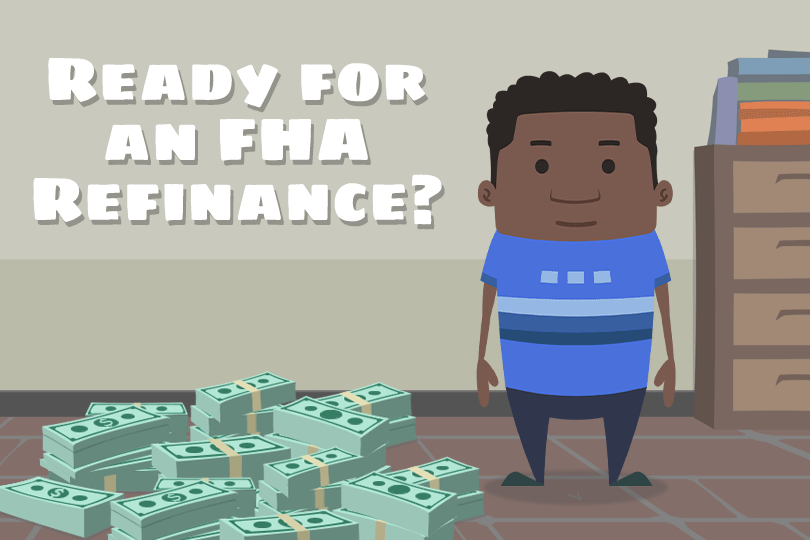Making Informed Choices About FHA Cash-Out Refinances
April 16, 2025
FHA Cash Out Refinance Loan Funds and Investing
Using FHA cash-out refinance funds for investment ventures is a major financial risk, and not just because of the loss of investment money. Borrowed capital secured by your primary residence is inherently dangerous. Day trading or investing in highly speculative cryptocurrencies carries a significant risk of substantial financial loss, regardless of the source of funds.
If these investment activities are funded through your home equity, you remain obligated to repay the increased mortgage amount, irrespective of any investment losses incurred.
All investments carry some risk, and leveraging borrowed funds, especially those secured by a primary asset like your home, amplifies these risks.
Short-Term Financial Issues
Using cash-out refinance money to cover short-term financial needs or unexpected emergencies is never a good idea. That said, some are forced to consider this option, but a clear and sustainable repayment strategy is necessary.
Consider alternative solutions, such as negotiating payment plans with healthcare providers or utilizing dedicated emergency savings. Tapping your home equity for short-term financial gaps without a plan to manage the increased mortgage payments puts borrowers in a difficult economic situation.
Some want to fund purchases like a new vehicle or use the loan proceeds for a down payment on a second property. While doing so might seem appealing, such decisions require careful financial planning to ensure long-term affordability.
Financing a new vehicle through a cash-out refinance essentially creates a long-term loan for an asset that typically depreciates over time. Explore traditional auto loan options with shorter repayment terms.
This is often a more financially sound strategy. Similarly, while acquiring a second property can be a long-term financial goal, using the equity from your primary residence for a down payment may increase your total debt.
You will need a detailed financial plan to manage the mortgage payments, property taxes, insurance, and maintenance costs of both properties.
Before You Apply
Before using a cash-out refinance for major discretionary purchases, thoroughly evaluate your existing budget. Your home equity represents a major financial asset, and tapping its equity through an FHA cash-out refinance demands careful planning.

FHA Loan Articles
April 16, 2025There are smart uses for cash-out refinancing loan proceeds and uses for that money that may work against the borrower. We examine some of those choices below, starting with using an FHA cash-out refinance for investment purposes. Is this a good idea?
April 15, 2025House hunters sometimes face a curveball when the appraisal for a home they want to buy with an FHA mortgage is lower than the offer. Is this a deal-breaker? Believe it or not, it isn't the end of the road. A low appraisal can sometimes be just a bump in the road. In other cases, you may wish to walk away from the deal. Here's your game plan to navigate this situation...
April 14, 2025 Buying a home with an FHA loan can be an exciting and achievable goal. This quick quiz helps you gauge your understanding of FHA loans and what it takes to make a winning offer on your new dream home. Take a few moments to answer the questions and see how prepared you are to navigate this crucial stage of your home-buying journey.
March 31, 2025Is 2025 the right year for you to consider an FHA streamline refinance? These mortgages are for those who want a lower interest rate, a lower monthly payment, or to move out of an adjustable-rate mortgage and into a fixed-rate loan. We examine some of the critical features of FHA streamline refinances.
March 27, 2025Did you know there are FHA loans that let house hunters buy multi-family properties such as duplexes and triplexes? FHA rules for these transactions is found in HUD 4000.1, including owner-occupancy, require that one unit serve as the borrower’s primary residence. Some house hunters ask why this rule exists. Some believe the rule serves as a lender risk mitigation strategy.







